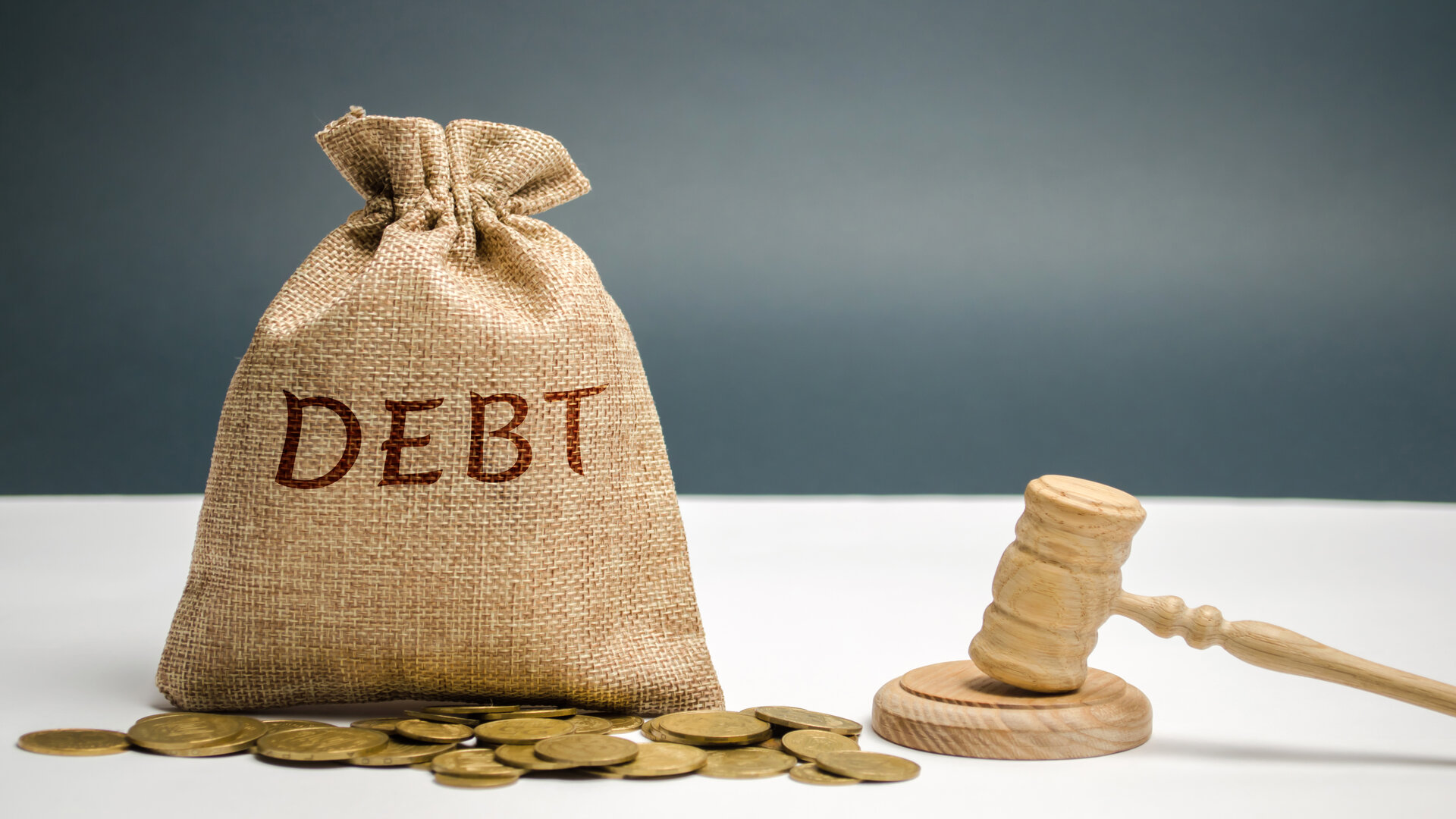Managing Debt: 15 Effective Strategies to Tackle Your Debt Head-On

Debt can feel like a heavy burden, looming over your financial freedom and causing stress. Whether it's from student loans, credit cards, or unexpected expenses, finding yourself in debt is a common experience. However, the good news is that with dedication, planning, and discipline, you can take control of your finances and work towards a debt-free future. Here are 15 strategies to help you deal with your debts effectively.
1. Face Your Finances
The first step in tackling debt is acknowledging it. Take a deep breath, gather all your financial statements, and calculate the total amount you owe. This may seem daunting, but having a clear picture is essential for creating a plan.
2. Create a Budget
A budget is your roadmap to financial stability. List all your sources of income and expenses, prioritizing necessities like housing, utilities, and groceries. Allocate a portion of your income towards debt repayment, ensuring it's realistic and sustainable.
3. Track Your Spending
Identify areas where you can cut back on expenses. Keep track of every dollar you spend for a month to uncover any unnecessary purchases. Small changes, like dining out less frequently or canceling unused subscriptions, can free up money for debt repayment.
4. Prioritize High-Interest Debt
Not all debts are created equal. Start by tackling high-interest debts, such as credit card balances, first. These debts accrue interest quickly, making them costlier in the long run. Focus on paying them off aggressively while making minimum payments on other debts.
5. Consider Debt Consolidation
Consolidating multiple debts into a single loan with a lower interest rate can streamline your payments and potentially save you money. Explore options like balance transfer credit cards or personal loans to consolidate your debts more effectively.
6. Negotiate with Creditors
Don't hesitate to reach out to your creditors to negotiate lower interest rates or flexible repayment plans. Many creditors are willing to work with you, especially if you're experiencing financial hardship. Be honest about your situation and propose a reasonable solution.
7. Build an Emergency Fund
Unexpected expenses can derail your debt repayment progress. Start building an emergency fund to cover unforeseen costs, such as car repairs or medical bills, without resorting to borrowing more money.
8. Increase Your Income
Boosting your income can accelerate your debt repayment journey. Consider taking on a part-time job, freelancing, or selling unused items to generate extra cash. Every additional dollar you earn can be put towards paying off your debts faster.
9. Automate Your Payments
Set up automatic payments for your debts to ensure you never miss a deadline. This not only prevents late fees but also helps you stay disciplined with your repayment plan. Schedule payments to coincide with your payday for added convenience.
10. Snowball or Avalanche Method
Choose a debt repayment strategy that aligns with your financial goals and personality. The snowball method involves paying off the smallest debts first, providing quick wins and motivation. Alternatively, the avalanche method focuses on paying off debts with the highest interest rates to minimize overall costs.
11. Seek Financial Counseling
If you're feeling overwhelmed or unsure about how to proceed, consider seeking help from a certified financial counselor. They can provide personalized advice, create a debt management plan, and offer support throughout your journey to becoming debt-free.
12. Stay Motivated
Debt repayment is a marathon, not a sprint. Celebrate your milestones along the way, whether it's paying off a credit card or reaching a specific savings goal. Keep visual reminders of your progress to stay motivated and focused on your ultimate financial freedom.
13. Avoid Temptation
Resist the urge to accumulate more debt while you're working towards paying off existing balances. Cut up credit cards if necessary and adopt a cash-only or debit card approach for your purchases. Remember, every dollar you save from avoiding new debt brings you closer to your goal.
14. Educate Yourself
Take the time to educate yourself about personal finance and debt management. Read books, listen to podcasts, or attend workshops to gain insights into effective money management strategies. The more knowledgeable you are, the better equipped you'll be to make informed financial decisions.
15. Practice Patience and Perseverance
Becoming debt-free is a journey that requires patience and perseverance. There will be setbacks and challenges along the way, but don't lose sight of your goal. Stay committed to your plan, adapt as needed, and celebrate the progress you're making towards a brighter financial future.
Conclusion:
Dealing with debt can feel overwhelming, but it's not insurmountable. By taking proactive steps, creating a realistic plan, and staying disciplined, you can regain control of your finances and work towards a debt-free life. Remember, every small action you take today brings you closer to a brighter financial future tomorrow. Take charge of your finances, and don't hesitate to seek support when needed. With determination and dedication, you can conquer your debts and pave the way for a more secure financial future.
